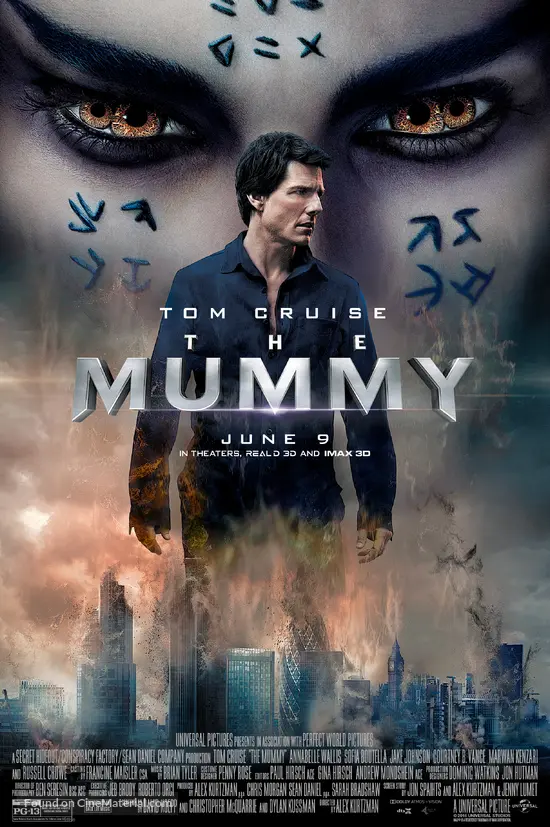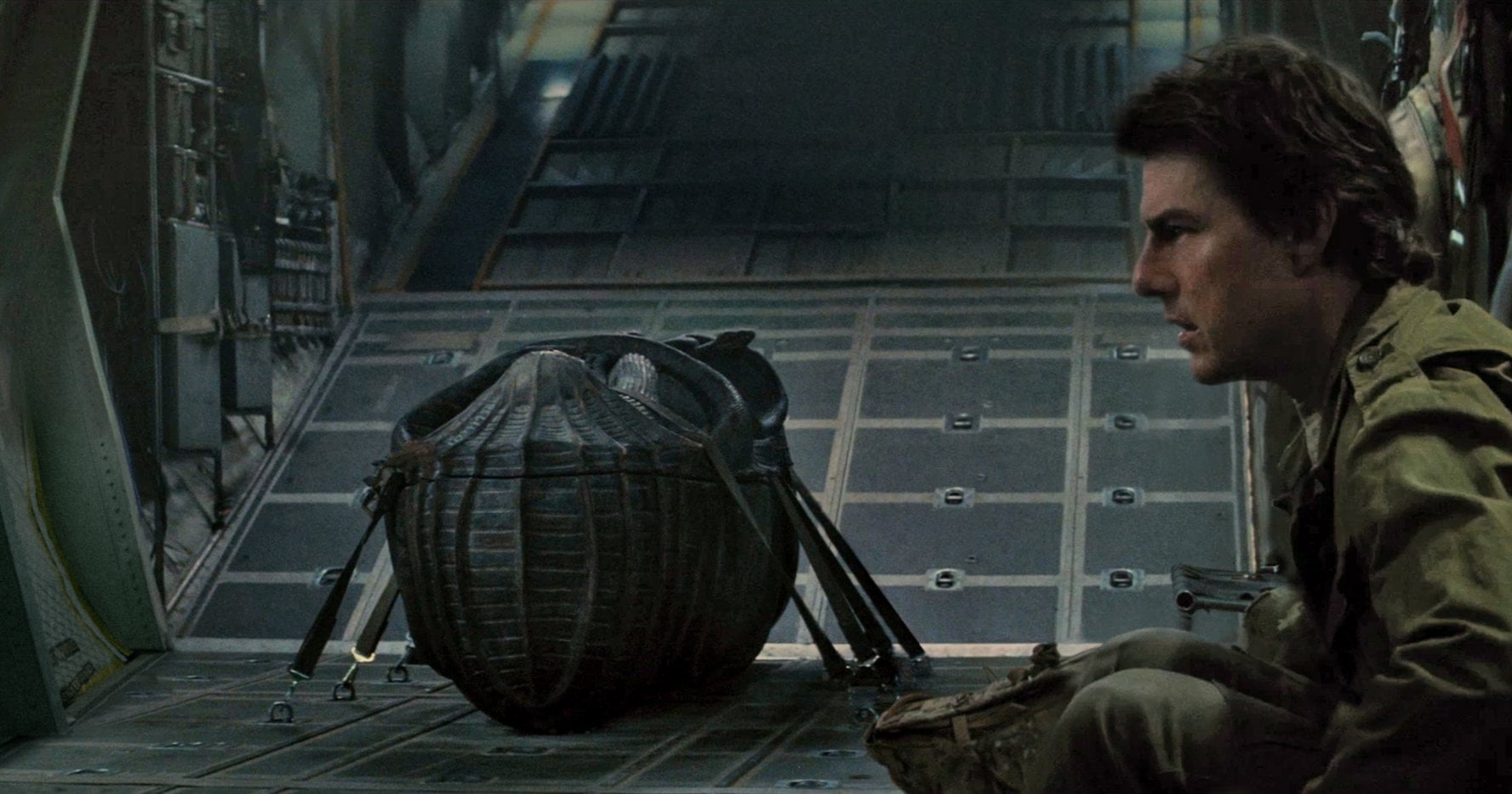
In the summer of 2017, Universal Studios entered the foray of cinematic universe fever with the release of their first entry of what was to be a shared film setting uniting contemporary reinterpretations of the classic horror movie icons the Universal Monsters.
The loose coalition of horror movie icons have only been connected via a few small cameos and crossovers planted amongst sequels, some of which are of dubious continuity at best. There is however, no denying their enormous impact upon pop culture, undoubtedly ensuring that the mere mention of rebooting any of them would get people talking, much less the notion of seeing all of them under one production banner which could eventually lead to them having genuine cross over.
The Universal Monsters consists of a number of perceived icons of the horror genre of which, Universal holds the film rights to, including but not limited to “Dracula,” “Frankenstein,” “The Creature from the Black Lagoon,” and of course, “The Mummy.”
Given the malleable nature of “The Mummy” as a franchise, having been rebooted already from its original horror roots in the 90s into a high action supernatural themed blockbuster, It seemed only fitting that the film be reinterpreted to fit the mold necessary to kick off the studios planned shared film continuity, “Dark Universe.”
While cinematic universe fever may have set in a fatigue that is slowly guiding the trend towards the edge of a cliff, it’s not without sound concepts.
The idea of a fantastical mythology existing in the background of our everyday lives that has propagated the existence of monsters under our noses throughout the course of history is prime urban fantasy material and perhaps following a character or set of characters throughout a series of horror themed adventure films, uniting established concepts between film lores or developing the involvement of outsider protagonist into a supernatural world that becomes a deeper rabbit hole of weirdness via serialized adventures could at least have made for a uniquely diverting take on traditional icons.
Sadly, that is not what Universal did.
From the moment “The Mummy (2017)” begins rolling its opening credits with its laughably cynical “Dark Universe” logo being a variation of the traditional Universal Studios logo, its studio executives intentions and nonexistent passions are made transparently clear.
Following Tom Cruise as a soldier of fortune, unfortunately cursed by the titular Mummy whose tomb he attempts to plunder for profit, the movie is plagued with tonal inconsistencies, thinly written unlikable characters, and murky, aimless, and meandering plot unable to thrill or chill before it gets interrupted by an embarrassing plug for future features with chances of release that are getting dimmer by the day.
The movie was an embarrassment back when I reviewed it last summer and hasn’t aged well in the slightest, and it is the very cynicism that clearly drove the entire experiment on a concept level that ultimately sunk it so thoroughly.

If it were as simple as judging the worth of a budding cinematic universe on the quality of its inaugural failure of a film, “The Mummy (2017)” would flunk the most basic test there is. Unfortunately, passing said test seems to be something that Hollywood is beginning to take for granted.
The simple basic truth of how and why franchises are allowed to even evolve in the first place is simply because people liked the product to begin with. You can’t sell audiences a franchise when you promise them a story. It only works the other way around.
As tantalizing as the perverse notion of producing an endless loop of 2 hour commercials for future 2 hour commercials must sound to an executives ears, the reality is that unless you can do something impressive with the material that you have, nobody cares about the material you’re going to get later.
The DC Extended Universe did it, and it spun out into an awkward financial tailspin that it’s struggling to climb out of, with its get out of jail spectacle heavy free card wasted (Justice League) and the only thing that it got right being a single powerful cultural phenomenon that is the sole reason they can’t scrap the whole franchise in favor of a reboot (Wonder Woman).
Sony did it with “The Amazing Spider-Man” and it backfired so spectacularly they had to have the franchise bailed out by consulting with their competition while going on to screw up other potential franchises to blindly chase the dragon.
Even the “Marvel Cinematic Universe” was becoming briefly guilty of it before they took a step back, dealt with behind the scenes drama and applied the lessons that they learned to a hot streak of films that have made them almost monolithic in terms of blockbuster competition.
Telling the audience that you’re bad movie is allowed to be bad because its setting up more movies that don’t look any better is pretty insulting, but that only scratches the surface of Universal’s sins.

Beyond wasting Sophia Boutella’s talent in a Tom Cruise vehicle first and foremost, the overly simplistic yet convoluted story of the actual Mummy of the film gets critically derailed by the poorly conceived and hamfisted meta-narrative plot device, Prodigium.
An internationally operated and well funded secret society directed by Dr. Jeckyll to protect the human race from supernatural threats, Prodigium takes clear inspiration from the MCU usage of Marvel’s international spy agency S.H.I.E.L.D.
Ignoring the utter lack of imagination of the concept from placement to presentation, the idea of using Prodigium as an anchor for movies that could run the gamut of religious pantheon specific phenomena to instances of science gone wrong isn’t inherently a bad idea. Where Universal seemed to unfortunately miss the memo however is that S.H.I.E.L.D’s worth stayed firmly in the realm of keeping their existence low key, acting only to unite the characters for crossover time and was torpedoed to the positive effective of an individual character’s solo movie when it became obvious Earth’s heroes didn’t need a super spy babysitter to get them to meet up with one another.
The spotlight stealing grand standing done by the organization in this film breaks up a plot that was already choppy for the sole purpose of providing concept art for potential future films with no compelling reason to have a connection. The only potential actualized by the subplot is Russell Crowe’s excellent performance as Dr. Jeckyll, which is subsequently squandered by an embarrassingly written excuse to jump the gun and break out Mr. Hyde in a film he doesn’t belong in.
The entire execution is representative of executives blatantly missing what makes the cinematic universe fun to watch but it’s also worth noting that as stupid as the result of trying to rip off Marvel was, the film should probably be more ashamed of even thinking to do it to begin with.
Storytelling tropes that allow a cinematic shared setting for superhero stories to breed are not the same tools that make good horror movies.
In superhero stories, meta-text is used to justify bringing together people on a mission to combine their powers against a mightier threat. The story elements centered on surveillance, regular human interaction, bombastic spectacle, and coordination to tackle tangible threats head on are quite possibly every tool that should never be used in horror stories designed around fear of the unknown and superstition.

By thoroughly failing to grasp the trend they hoped to capitalize on at every level, Universal may very well have, almost impressively, sunken the legacies of multiple movie series with the stroke of a single bad film. With word of Bill Condon’s “Bride of Frankenstein” trying to get off of the ground however, hopefully this will be an experience well learned.
Now if only Paramount had taken that hint about a decade ago before Hasbro stepped in to transform and roll out with their franchise.
No comments:
Post a Comment